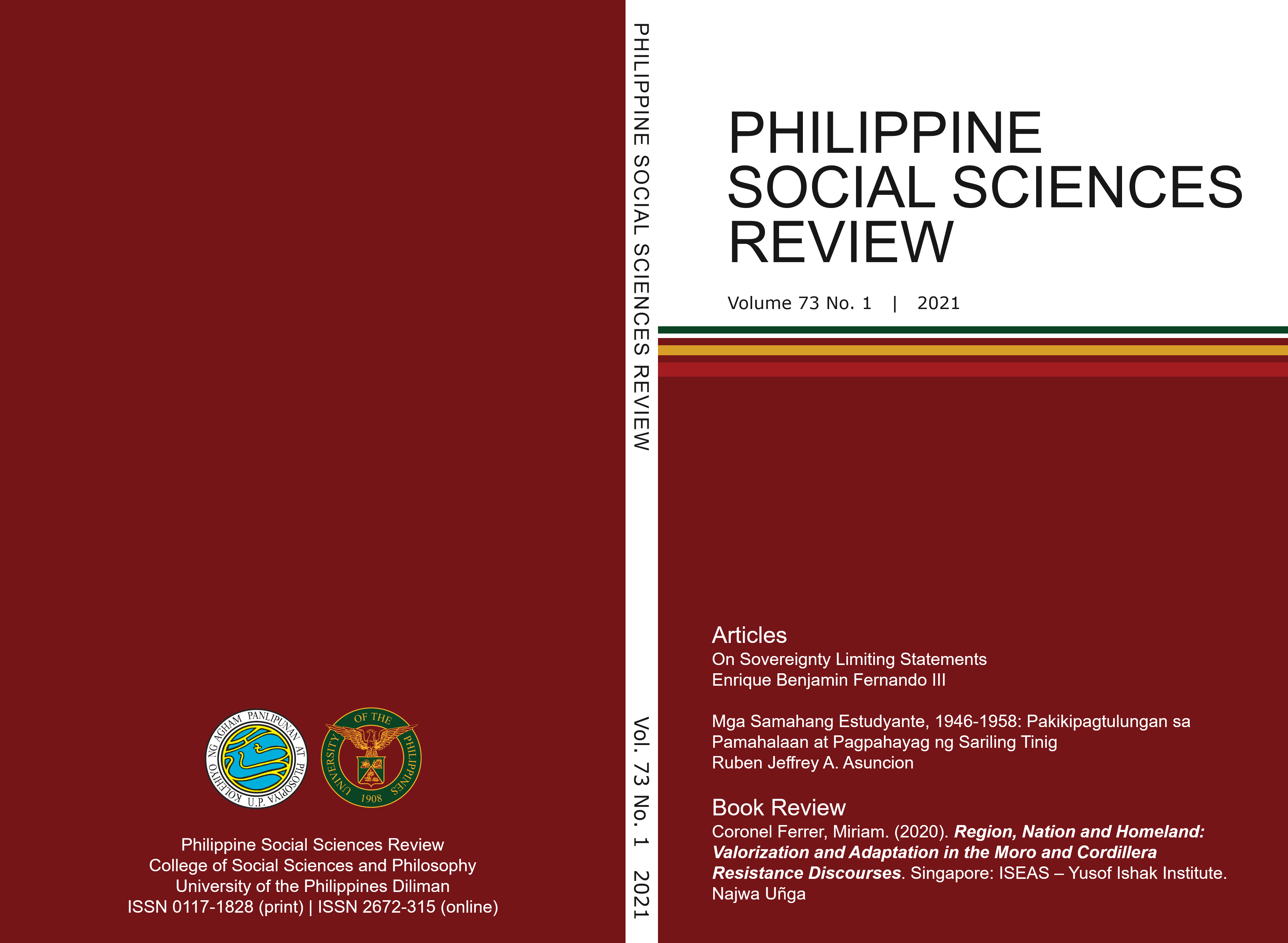On Sovereignty Limiting Statements
Abstract
In the January 1965 issue of Mind, Armando F. Bonifacio published “On Capacity Limiting Statements,” a formal proof of the Paradox of Omnipotence, which asks whether an omnipotent being such as God can make things which he cannot control. His article provided not only a sound and cogent proof to J.L. Mackie’s original formulation of the paradox, but also a direct refutation of G.B. Keene’s influential ordinary language solution to the problem. This paper argues that roughly the same formal proof, with modifications, can be applied to another problem known as the Paradox of Sovereignty: can a legal sovereign—human or divine—make a law restricting its own legislative power? It will be shown not only that the two horns of this paradox are likewise sound and immune to ordinary language solutions such as Keene’s, but how casting it in its logical form reveals valuable insights into the nature of sovereignty, law, and God that have previously been obfuscated by the misleading linguistic formulation of the paradox. The paper concludes that a logical investigation into the concept of sovereignty based on Bonifacio’s proof offers a promising solution which consists of distinguishing between first-order and second-order sovereignty.
Published
2024-08-22
How to Cite
FERNANDO, Enrique Benjamin.
On Sovereignty Limiting Statements.
Philippine Social Sciences Review, [S.l.], p. 1-29, aug. 2024.
ISSN 2672-3158.
Available at: <https://journals.upd.edu.ph/index.php/pssr/article/view/9906>. Date accessed: 01 oct. 2025.
Section
Articles


